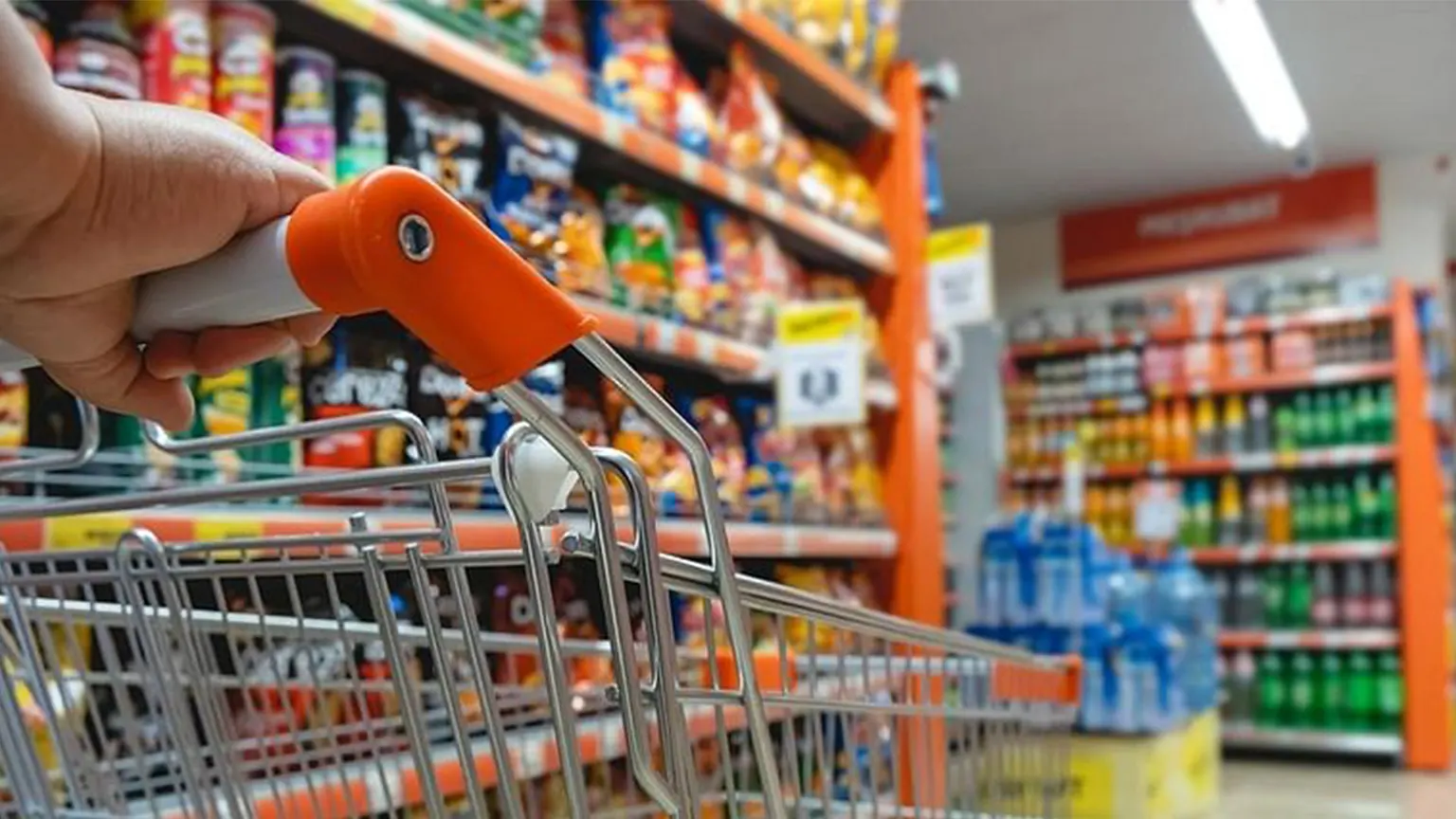Building resilience in fmcg supply chains strategies for navigating crises

Introduction
The fast-moving customer goods (FMCG) industry is known for its complex and dynamic supply chain, which is often vulnerable to disruptions, particularly during crises like the COVID-19 pandemic. To thrive in such challenging times FMCG companies must adopt strategies that enhance supply chain resilience. This Blog explores key strategies for building a resilient supply chain in the FMCG industry.
DIVERSIFICATION OF SUPPLIERS AND SOURCES
One of the primary lessons from the COVID-19 pandemic is the importance of diversifying the supplier base. Depending on the single source for critical materials or products can be risky. FMCG companies should consider sourcing from multiple suppliers and even exploring alternative sourcing options in different geographic regions.
DIGITALIZATION AND DATA ANALYTICS
Leveraging technology is crucial for FMCG supply chain resilience. Advanced analytics and digital platforms enable companies to gain real-time insights into their supply chains. Predictive analytics can help forecast demand fluctuations while lot devices and blockchain technology enhance transparency and traceability throughout the supply chain.
DEMAND FORECASTING
Accurate demand forecasting is vital for presenting overstocking and understocking issues. FMCG companies should invest in sophisticated forecasting models that consider variables like historical sales data, seasonality, and market trends. During crises, these models can be quickly adjusted to reflect changing consumer behavior.
INVENTORY MANAGEMENT
Maintaining optimal inventory levels is a balancing act. Excessive inventory ties up capital while insufficient stock leads to missed sales opportunities. Implementing just in time inventory practices and safety stock levels can help FMCG companies respond swiftly to unexpected demand shifts or supply disruptions.
SUPPLIER RELATIONSHIP MANAGEMENT
Strong relationship with suppliers can be a lifeline during crises. Investing SRM programs promote collaborations, trust and open communication. This can lead to preferential treatment during times of scarcity and facilitate quick problem solving.
TRANSPORTATION AND LOGISTICS REDUNDANCY
A resilient supply chain should have redundancy in transportation and logistics. This includes having alternative shipping routes, modes of transportation, and warehouse locations. During the pandemic, many FMCG companies faced delays due to transportation bottlenecks making redundancy vital.
SCENARIO PLANNING
Developing contingency plans for various crisis scenarios is essential. These plans should outline specific actions to take in the event of supply chain disruptions. Regularly reviewing and updating these plans ensures readiness for unforeseen challenges.
SUSTAINABILITY AND ENVIRONMENTAL CONSIDERATIONS
Environmental factors such as climate change can disrupt the supply chain through natural disasters or resource scarcity. FMCG companies should consider unsustainability and environmental factors when designing their supply chains. This can involve eco-friendly packaging, sourcing locally, and reducing carbon discharge.
COLLABORATION AND INDUSTRY PARTNERSHIP
Collaboration with suppliers, customers, and logistic partners can be a game changer. Building strong collaborative relationships promotes trust and ensures everyone works together to overcome supply chain challenges.
In an era where global supply chains are vulnerable to disruptions, FMCG companies must prioritize supply chain resilience. By diversifying suppliers optimizing inventory embracing digitalization and promoting collaboration they can navigate crises like the COVID-19 pandemic with greater agility and emerge stronger than before. Building a resilient supply chain is not just a business strategy. It's a necessity for survival in the dynamic FMCG industry.